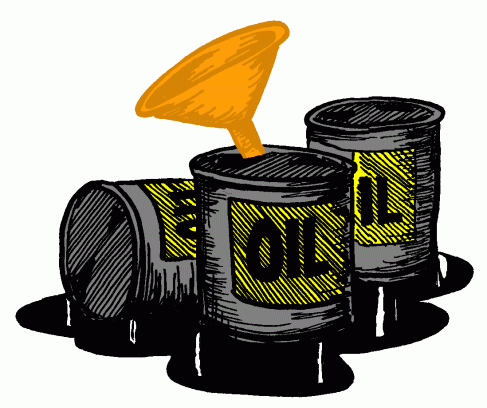
Source: http://i3.mirror.co.uk
What is lacking in the choice between tap water and bottled water is knowledge. Most of us in North America are subject to the marketing of bottled water companies – I too believed that it was ultimately a way better choice than tap water. But the true facts prove otherwise. We have one of the best public water systems in the world, yet we are the largest consumers of bottled water. Companies like Nestle commoditized water, a natural resource, for the sole reason to make money. When they saw their soda sales start to alleviate due to a more health conscious population, the company’s leaders were quick to increase the commodity of bottled water – a private good that initiated in France with Perrier (Nestle would go on to purchase the company). So did Nestle ultimately benefit the world by providing the convenience of ‘pure’ water? Here are some facts regarding the choice between tap water and bottled water.
- The cost of bottled water is a good deal more than tap water. At $1.22 per gallon, it is 300x more to be exact! Moreover, if we were to take into account the fact that almost 2/3 of bottled water sales are single 500 mL bottles, the cost goes up to about $7.50 per gallon – that’s almost 2000x times more than tap water and twice the cost of a gallon of regular gasoline! In comparison, American Water Works Association showed that tap water costs only $0.004 per gallon…
- Studied have shown that bottled water is no healthier than tap water. The FDA regulates bottled water, while the EPA sets regulations on tap water. According to a study by the Environment Working Group, bottled water is just as polluted as tap water. In fact, some brands of bottled water are periodically contaminated with industrial chemical at levels above FDA standards. Additionally, Tap water gets tested for contaminants multiple times in a week while bottled water gets tested only once a week. The have differing regulations, so for example, city tap water can have no confirmed E. coli or fecal coliform bacteria while FDA bottled water rules include no such prohibition.
- 40% of bottled water actually comes from tap water. Companies like Aquafina and Dasani are simply just filtered tap water and not water from natural springs or other “pure” sources.
- Tap water is more sustainable than bottled water. Tap water keeps things local as opposed to the oil consumption and emissions required to bring water to North America from Fiji, for example. Not to mention the amount of oil it takes to manufacture the bottle in the first place. Even the sole act of driving to the grocery store to purchase bottle water is enough to make it less sustainable than tap water, which is easily accessible in your home. So keep things local and choose tap!
-M

